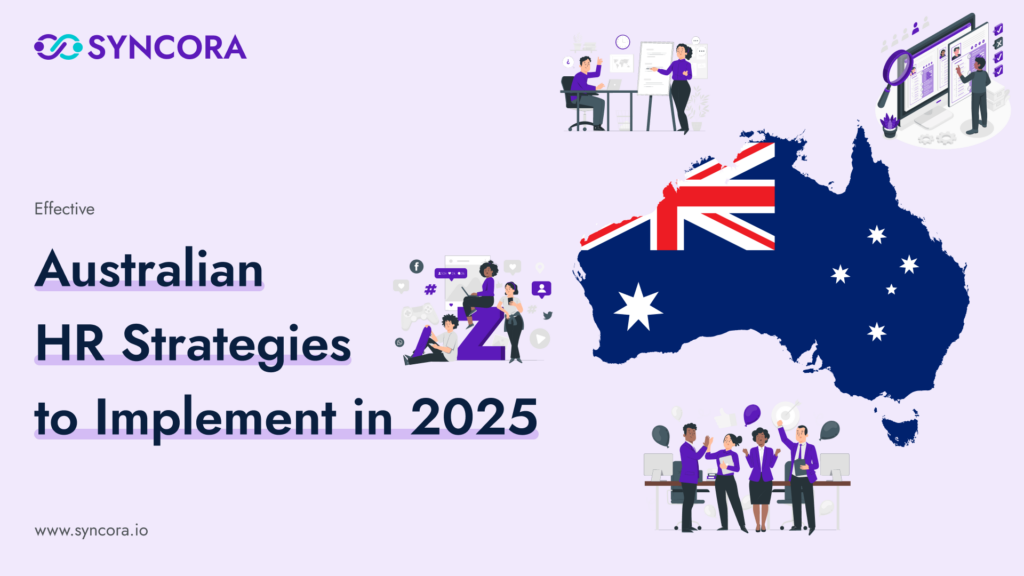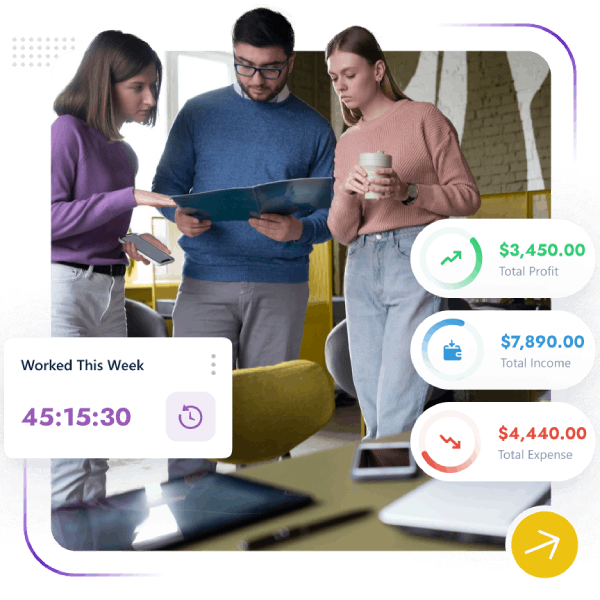Walt Disney once said, “Times and conditions change so rapidly that we must keep our aim constantly focused on the future.” This is especially true in the context of Australia’s public sector.
Currently, the labour market in Australia and New Zealand is competitive. With the constant rise of AI tools, new, unique skills are in high demand. The economic landscape in these nations is volatile.
The scenario requires HRs to come up with effective strategies to drive technological advancements in companies while retaining a human touch at the same time.
This is where the latest HRM software in Australia comes to the rescue. It can play a pivotal role by helping HR professionals manage their workforce efficiently.
Before I delve deeper into the topic, for context, here are some statistics highlighting HR problems in Australian companies. A quick reading will help readers understand the grim picture of their job market and why it needs a strategic approach.
- As per the Australian HR Institute (AHRI), 57% of recruiters consider skills gaps to be a major cause of reduced productivity. This report was published in June 2024.
- The report also found that 20% of employees lacked proficiency in their roles. Majority of employees are just average at work.
- It further adds that 36% of Australian HRs do not have effective recruiting strategies or sufficient funds to implement them; almost one in every five HRs experiences difficulty in hiring suitable candidates.
- 32% of Australian managers also claim that 20% of their workforce leaves every year. That’s alarming!
Do you know what this indicates? A high turnover rate, which is 20% in this case, means low employee satisfaction.
An effective HRM software solution can address many of these challenges by offering data-driven insights and automating repetitive tasks, allowing HRs to focus on more strategic initiatives. By analyzing the data this software collects, they can track employee satisfaction and design more effective retention strategies.
A few other reliable surveys were also conducted across New Zealand and Australia in 2024.
For instance, Navigo’s 2024 HR Transformation Survey has recorded responses from 50 companies across the two nations. Below enlisted are the key highlights of the survey.
- First off, the survey highlights the dire need for robust HR analytics and reporting tools. It points out that organizations are prioritizing their focus on HR analytics, workforce time management, and strategic planning to improve employee experience and their overall performance.
- Another major highlight of the survey is the urgent need for HR professionals to adopt a proactive and forward-looking approach. As the role of HRs is evolving with time, there is a growing demand for leaders who excel in managing human resources while also effectively utilizing technology and data to achieve business goals.
The best HRM software in New Zealand and Australia can enable this transformation by providing a centralized platform for managing employee data, automating payroll, and making HR processes faster.
The current landscape demands the use of data analytics and implementing strategies more than ever. Future HR leaders must adopt a broader perspective, demonstrating their tech-savviness and adaptability to cope with a rapidly evolving workforce environment.
Making good use of HRM software and HRIS tools can give them the advantage they need to succeed in today’s competitive era.
Key Takeaways
- An HR strategy is a plan that ensures the organization’s HR practices are aligned with its business goals.
- In 2025, creating a successful HR strategy will require a forward-looking mindset, embracing AI, and an increased emphasis on employee satisfaction.
- By next year, around 75% of companies are expected to embrace hybrid work models, necessitating HRs to develop strategies that prioritize flexibility and effortless collaboration across teams.
- Employee well-being is set to become a key focus, with over 60% of organisations in advanced economies, including Australia, making mental health and wellness programs a central part of their HR strategies.
- Diversity, Equity, and Inclusion (DEI) initiatives are gaining momentum in Australia. Nearly 70% of companies are actively increasing workplace diversity.
- Automation and AI will handle up to 50% of routine HR tasks, like payroll, recruitment, and performance monitoring, allowing managers to give attention to talent acquisition and workforce planning.
- Employee retention challenges persist, especially in sectors like technology and healthcare.
- More than 80% of Australian companies will need to update their HR policies to align with new workplace regulations.
Top Australian HR Strategies To Be Implemented in 2025
Invest in Technology
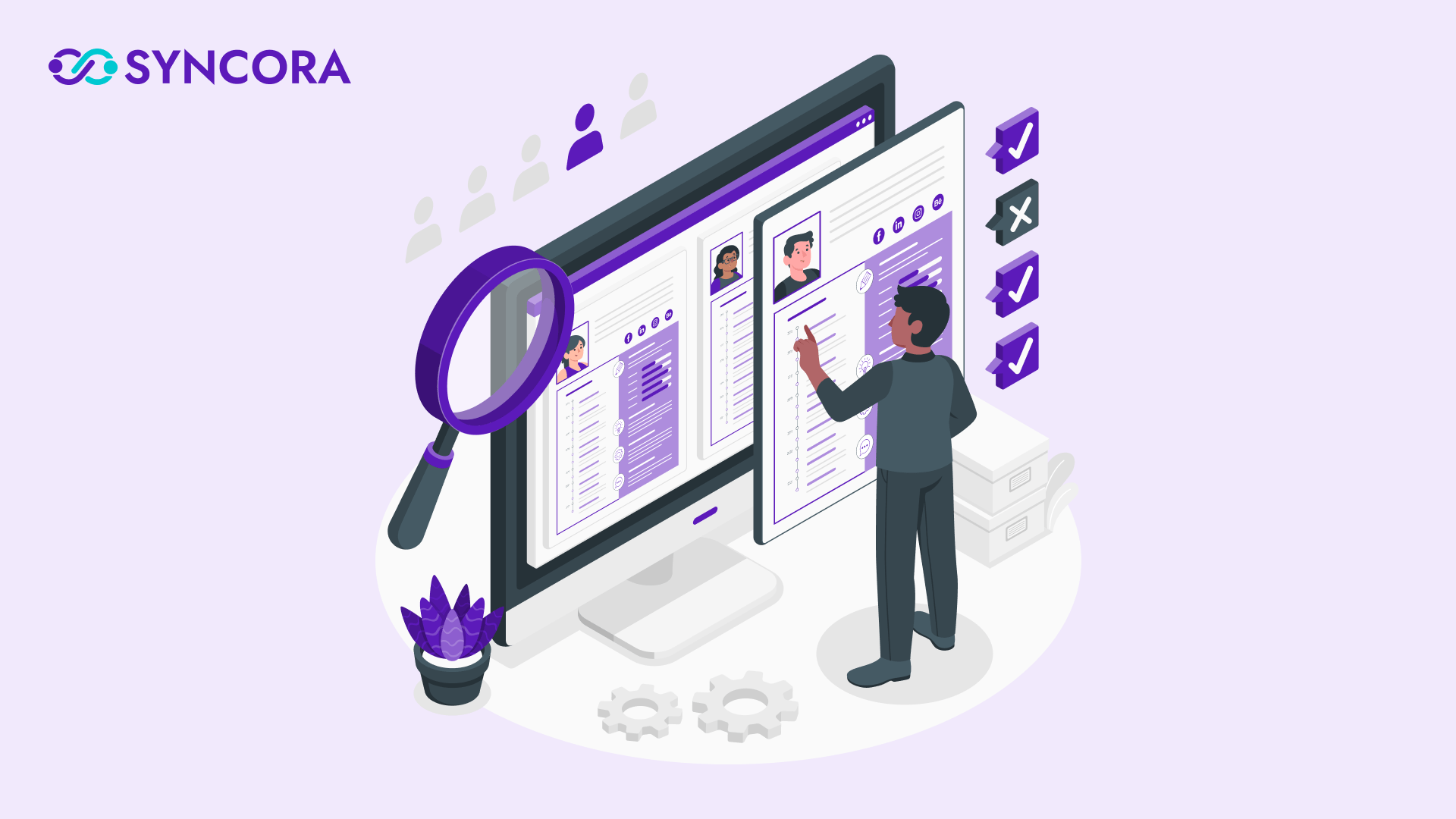
It’s essential to allocate funds for keeping up with technological advancements. HR leaders aiming to stay competitive should make informed choices regarding their technology investments.
However, there’s no need to jump on every emerging trend.
Investing in a scalable HRM software allows companies to grow and adapt seamlessly as their workforce evolves, with the following key features:
- Error-free analytics and reporting: Advanced analytics tools enable HR leaders to make data-driven decisions, and track employee performance.
- Automation of routine tasks: Automating administrative tasks like payroll, time tracking, and onboarding frees up HR teams to focus on strategic initiatives, such as talent development and workforce planning.
- Integration with other platforms: The ability to seamlessly integrate with other systems (such as payroll, CRM, project management tools) ensures a cohesive workflow.
- Customization and flexibility: HRMS can be customised to meet the unique needs of an organisation, allowing for modifications in the software as business priorities change.
Continuous Training, Retraining, and Upskilling
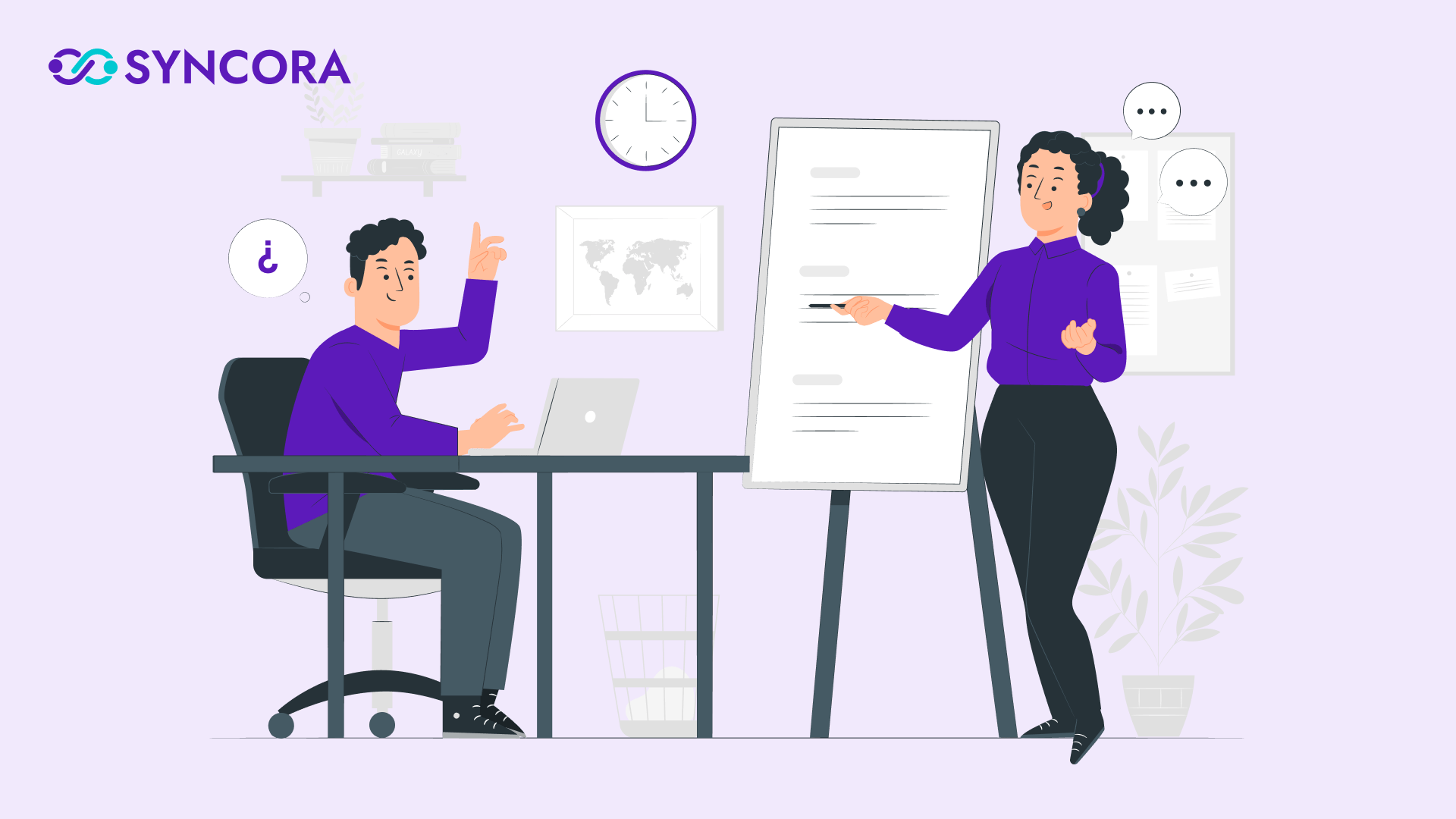
Many organisations are grappling with talent shortages, making it challenging to fill vacancies with skilled workers.
In today’s competitive labour market, it’s increasingly difficult to find professionals who possess the strong knowledge and skill sets that companies need to thrive.
A staggering 88% of organisations lack an effective onboarding process that adequately prepares employees for their roles, further exacerbating the talent gap.
Therefore, the concern is how can companies tackle these challenges?
One effective solution is to use HRM software solutions in the following ways:
- Training management: The software allows HR to monitor these sessions efficiently, from scheduling sessions to tracking attendance and completion rates.
- Skill gap analysis: By providing employee performance data and analytics, the software can help identify skill gaps within the workforce and take immediate measures.
- Feedback and assessment tools: These platforms can gather feedback from employees. By going through that data, employers can evaluate the effectiveness of the training sessions and make modifications for further improvements.
Be ready for the new workforce
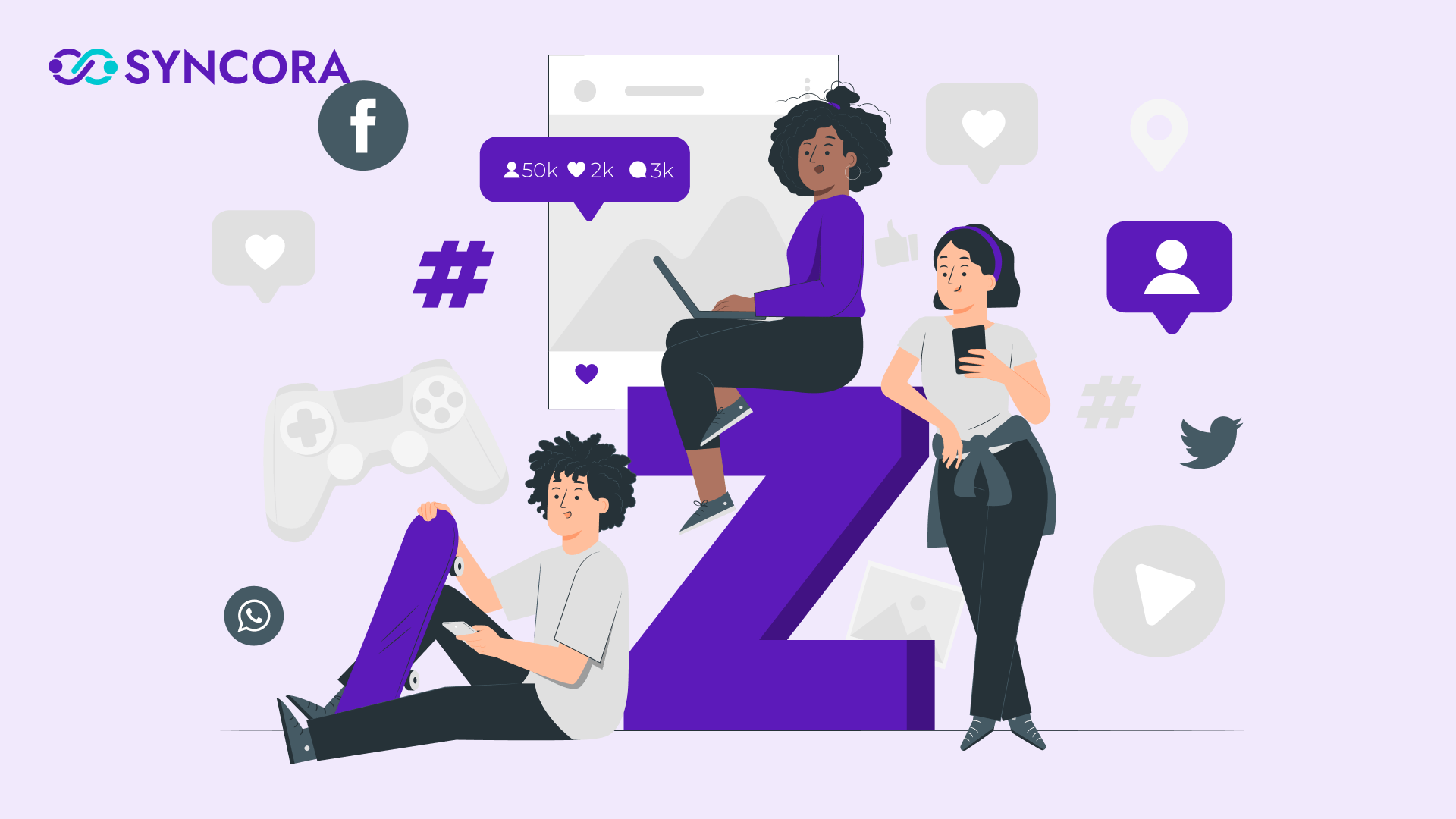
The landscape of the workforce is evolving, and it’s crucial for HR professionals to adapt accordingly.
The future will see a diverse mix of Millennials, Generation Z, Gen Xers, and Baby Boomers, each with distinct expectations and aspirations.
With multiple generations coexisting, employers must find strategies to meet the needs of each group to remain competitive.
To thrive in this new era, they must adopt a fresh mindset. They must embrace change, and consistently ensure that all employees feel valued in their roles.
This involves understanding how to effectively recruit, onboard, and retain a multigenerational workforce for future success.
Using integrated business solutions such as HRMS can be beneficial in ways listed below:
- Flexible learning and development modules: The software can make training effective for all age groups by allowing candidates access learning modules in various formats, such as articles, quizzes, videos, etc.
- Performance Management Systems: These systems can be personalised depending upon the age, ability, goals, and skill sets of individual employees. This will help HRs get individualised performance analysis of employees.
Stay focused on employees
Adopting technology doesn’t mean sidelining the human element. In fact, by 2025, HR managers will have more opportunities to concentrate on people, which will significantly improve both recruitment and retention efforts.
Deliver the Best Employee Experience

A staggering 88% of job seekers believe that a company’s culture is a key factor in its success.
The foundation of this experience lies in fostering a culture built on trust, transparency, respect, and empowerment. Today’s HR professionals have evolved beyond traditional roles focused solely on hiring, payroll, and benefits; they are now stepping into the role of Chief People Officer.
A major priority for HRs now is to develop strategies that enhance the overall well-being of employees.
For instance, by using well-designed HRM software, managers can identify their best assets. They can acknowledge and reward the hard efforts of truly deserving employees. This is a great way to boost their morale and keep them motivated.
What Does The Future Hold for HR?
The Society of Human Resource Management (SHRM) suggests that HR professionals should start by building expertise in critical areas that are expected to shape the future of the field by 2025.
Key areas include business strategy, data analytics, and, naturally, a deep understanding of people.
Additionally, addressing existing talent gaps within the workforce is crucial.
Equally important is reinstating a thriving work culture that is lived and felt every day.
To be truly prepared for the future, HRs also need to focus on strategic workforce planning to overcome any upcoming challenges.
Having the right tools can significantly impact an organisation’s success. By investing in scalable Human Resource Management software, organisations can improve operational efficiency, thereby flourishing in an evolving landscape.
Whether you are looking forward to improving the recruitment process, increasing employee engagement, or maximising your human resources, Syncora provides you with the tools necessary for success. Are you ready to elevate your HR strategy? Visit our website for in-depth insights.
